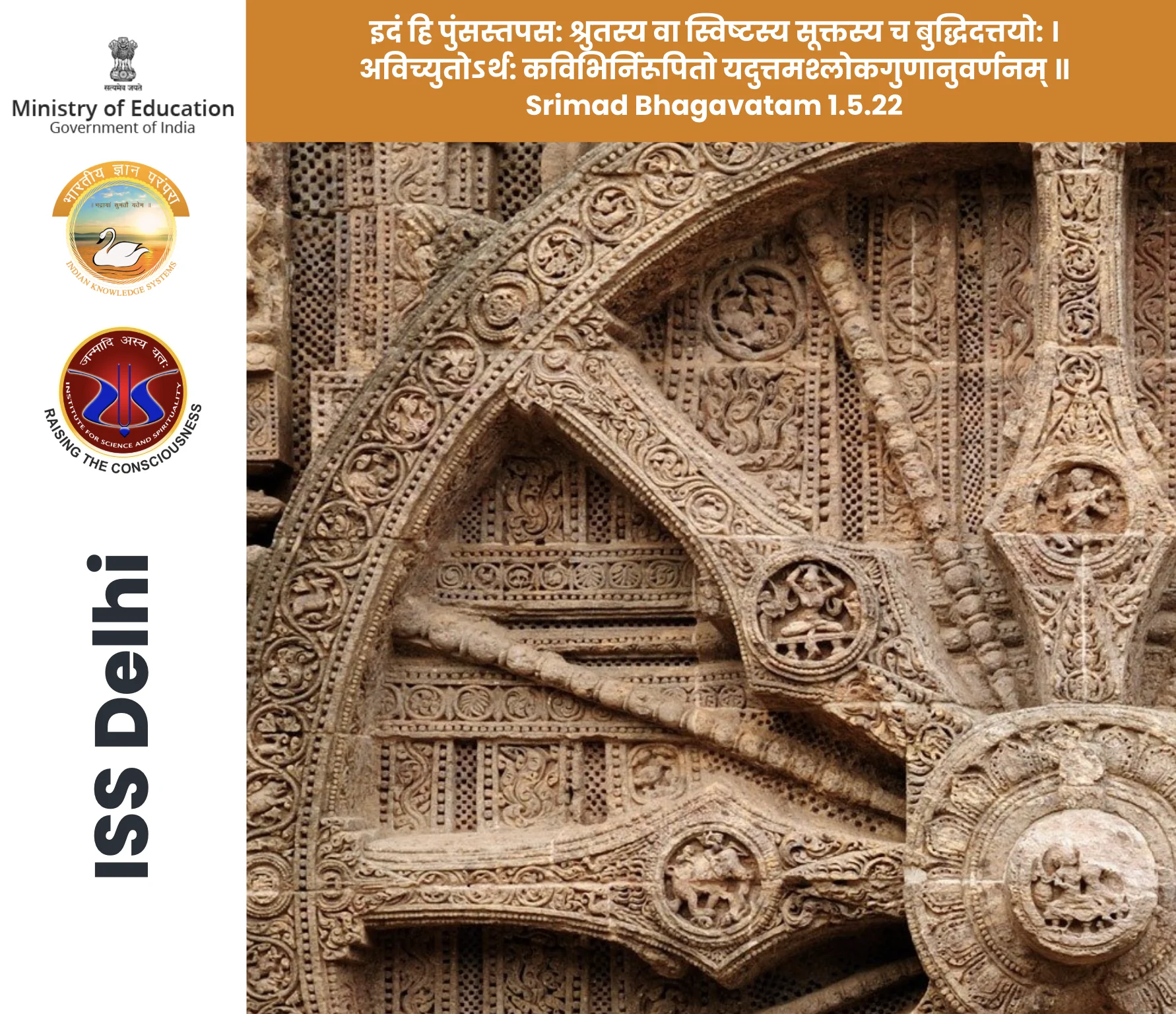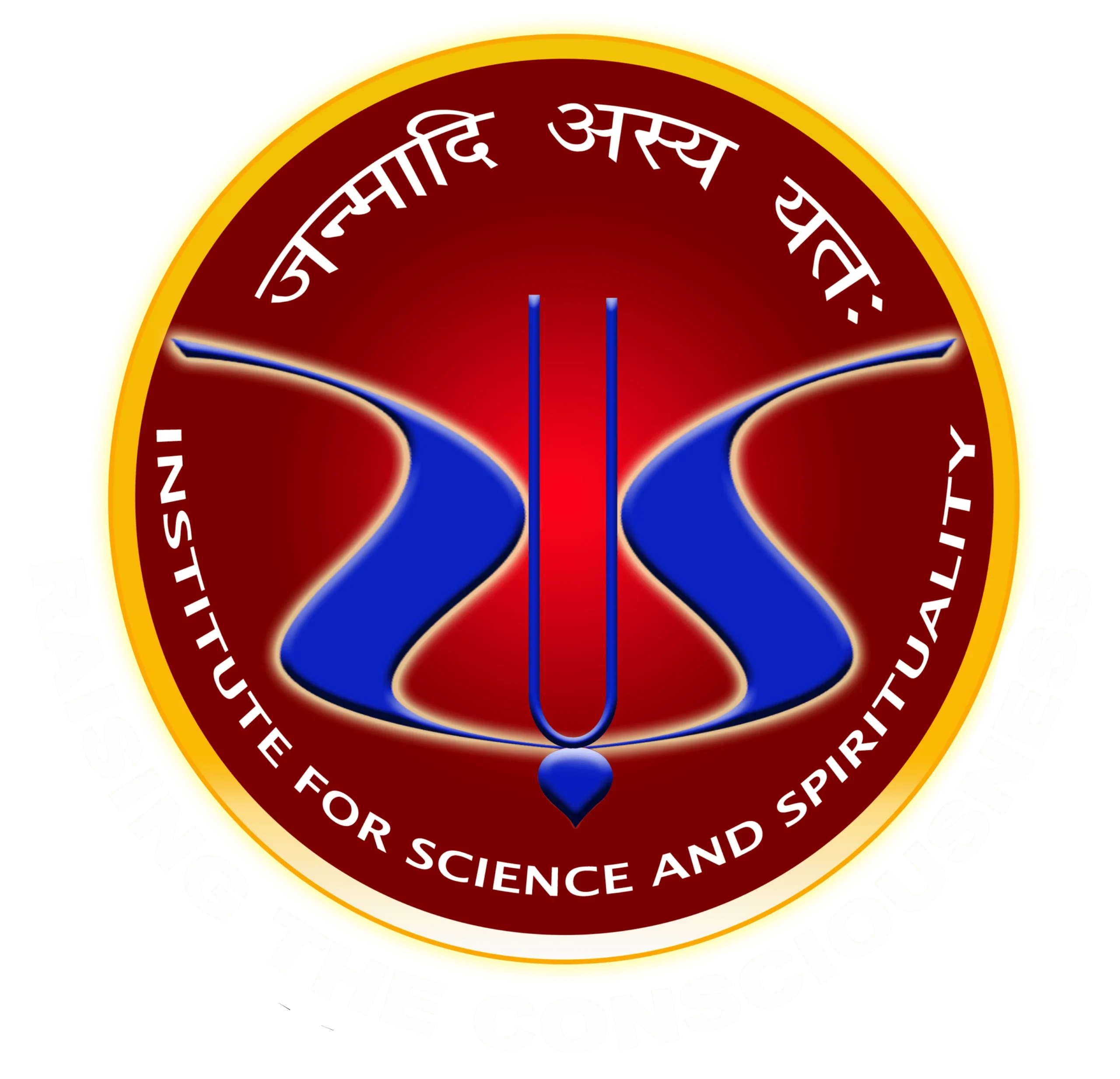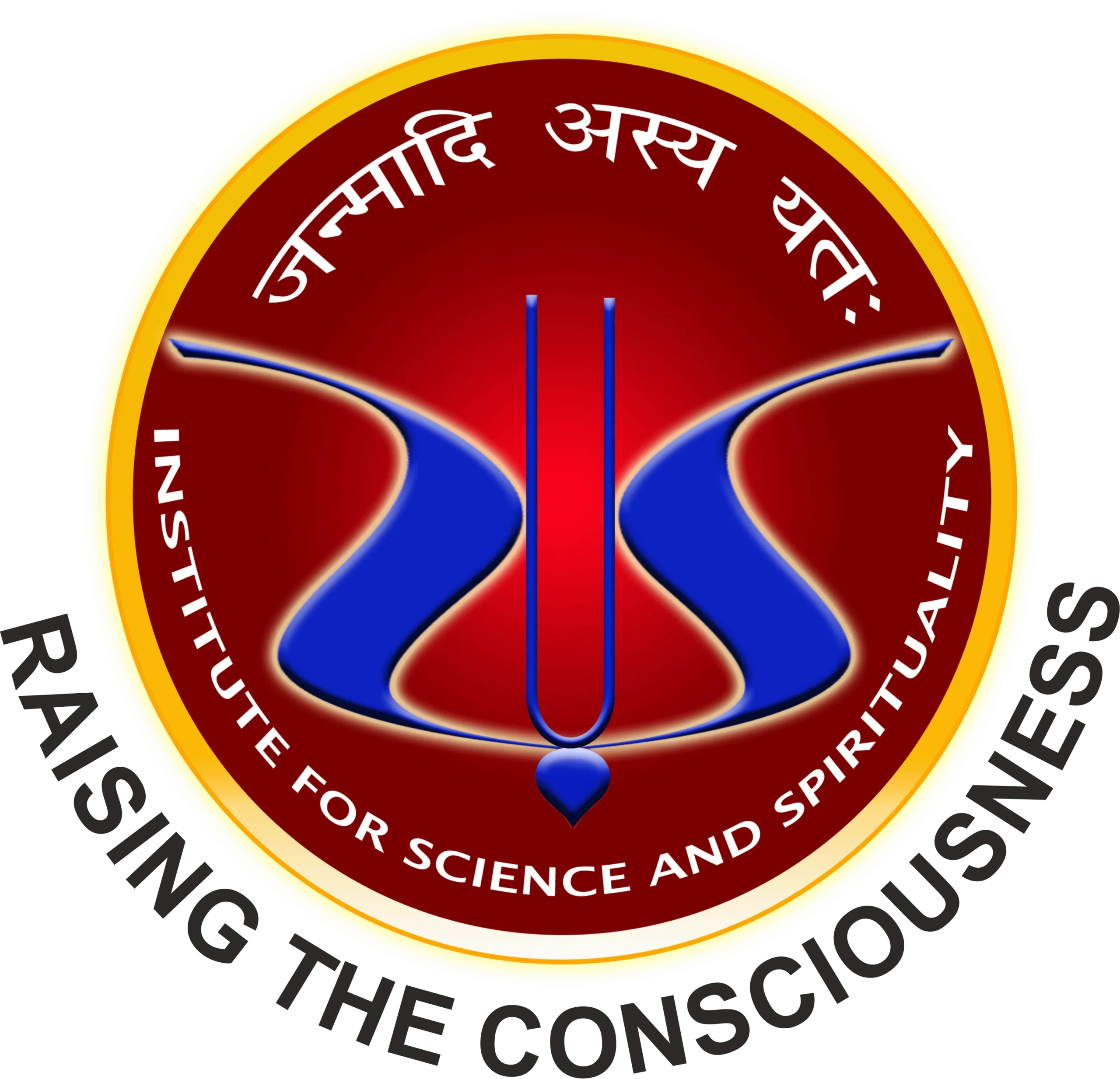Mission and Objectives

Our mission
Vedic insights to address contemporary challenges
Our mission
Vedic insights to address contemporary challenges

Scientific Temper and Critical Thinking
The development of scientific temper and critical thinking within the field of Indian Knowledge Systems (IKS) is crucial for fostering a rigorous and analytical approach to understanding traditional knowledge. By encouraging scientific temper, IKS aims to instill a mindset that values evidence-based reasoning, empirical observation, and logical inquiry. Critical thinking, as applied in IKS, involves the ability to analyze, question, and evaluate concepts, beliefs, and methodologies within the framework of traditional Indian knowledge. Emphasizing these qualities helps bridge the gap between ancient wisdom and modern understanding, allowing for a more dynamic and informed exploration of the rich heritage of Indian knowledge.
Loyalty to Parampara
In light of the emphasis on scientific temper and critical thinking within Indian Knowledge Systems (IKS), loyalty to parampara (tradition) takes on a nuanced role. It involves respecting and preserving the wisdom passed down through generations while also encouraging a dynamic engagement with that tradition. Loyalty to parampara, in this context, signifies an appreciation for the historical context and foundational principles of traditional knowledge. It does not imply unquestioning adherence but rather a commitment to understanding, interpreting, and evolving the traditional wisdom through the lens of scientific inquiry and critical thinking. This balanced approach allows for the preservation of cultural heritage while fostering an environment that welcomes thoughtful exploration and adaptation in the face of contemporary challenges.
Service to the Society
In the context of Indian Knowledge Systems (IKS), "Serving the Society" takes on a distinctive dimension rooted in traditional wisdom and values. IKS emphasizes the interconnectedness of knowledge, ethics, and social responsibility. Serving the society within the framework of IKS involves applying traditional knowledge to address contemporary challenges, promote sustainable practices, and contribute to the holistic well-being of individuals and communities. This service may encompass initiatives that draw upon indigenous knowledge systems to provide solutions in areas such as healthcare, agriculture, environmental conservation, and social harmony. In alignment with IKS principles, serving the society is not only an act of altruism but also a reflection of the symbiotic relationship between cultural heritage, knowledge, and the collective welfare of society.
Our Objectives
Harmonizing tradition with fundamental science & innovation for societal well-being

- To promote dialogue between science and spirituality so as to draw serious attention of scholars for an alternate consciousness based paradigm as advocated in Indian Knowledge System.
- To conduct regular workshops, seminars, conferences and symposiums on Gaudiya Vaisnava Vedanta, Bhagavata Samkhya, and allied topics for the holistic development of the society at large.
- To build inclusive, symbiotic and sustainable societies by imbibing holistic Indian knowledge system and promoting multidisciplinary education and research.
- To pursue in-house research in Vedic literature with emphasis on the underlying scientific, technological, philosophical, theological and cultural aspects.
- To preserve & perpetuate India's glorious heritage including is culture, values, indigenous occupation & knowledge system through genuine & unbiased scientific, technological & intellectual presentation.
- To investigate the fundamental question on the origin of life and the Universe.

